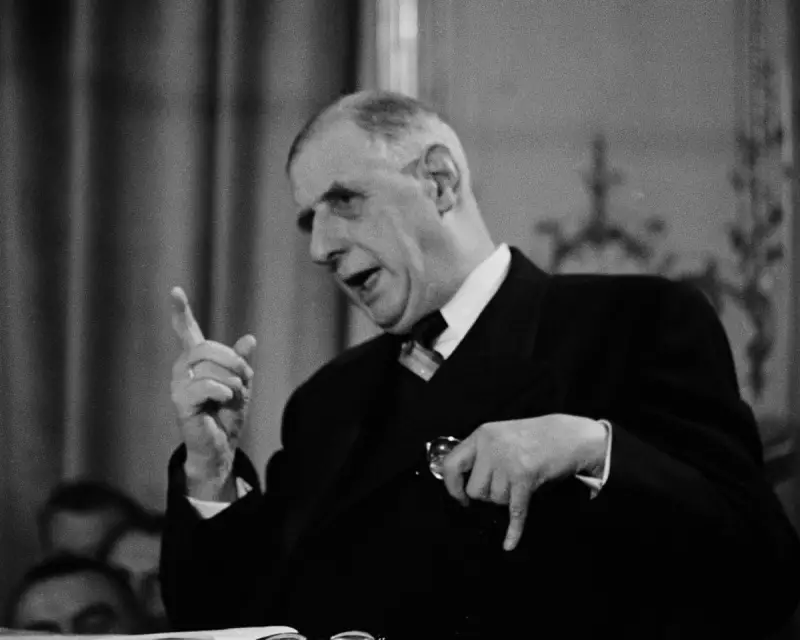
In the sweltering summer of 1958, France stood at the brink of civil war. The Fourth Republic, plagued by political instability and colonial crises, was crumbling under the weight of its own divisions. The catalyst for change came from an unexpected quarter – the restless French military in Algeria.
The Algerian Crisis Boils Over
French Algeria had become the powder keg that would ultimately explode the existing political order. On May 13, 1958, French settlers and sympathetic military officers seized government buildings in Algiers, demanding that Paris reject any negotiations with Algerian nationalists. The rebellion quickly gained momentum, with paratroopers standing ready to descend on Paris itself.
The Return of a Reluctant Saviour
As the government in Paris faltered, one name emerged as the only figure who could unite the nation and control the military: Charles de Gaulle. The wartime leader had been living in self-imposed political exile for twelve years, watching from his country home as twenty different governments had tried and failed to rule France.
"I shall begin a process that will lead to the transformation of public powers," de Gaulle declared with characteristic ambiguity when called upon to form a government.
A Constitution Born of Necessity
De Gaulle's price for returning to power was clear and non-negotiable: he demanded the authority to draft a new constitution that would create a stronger, more stable executive. The French people, weary of political chaos, overwhelmingly approved his new constitution in a September 1958 referendum.
The Key Innovations That Reshaped France
- A powerful presidency with considerable emergency powers
- Reduced parliamentary dominance over government formation
- The controversial Article 16 granting emergency powers to the president
- Direct election of the president by universal suffrage (from 1962)
A Legacy That Endures
The Fifth Republic created what many called a 'republican monarchy' – a system that blended parliamentary democracy with strong presidential authority. This constitutional framework has proven remarkably resilient, surviving political crises, social upheavals, and the transition from de Gaulle's leadership to the present day.
Though frequently amended, the essential architecture of de Gaulle's Fifth Republic continues to define French politics, proving that sometimes the most enduring political systems emerge from moments of greatest peril.






